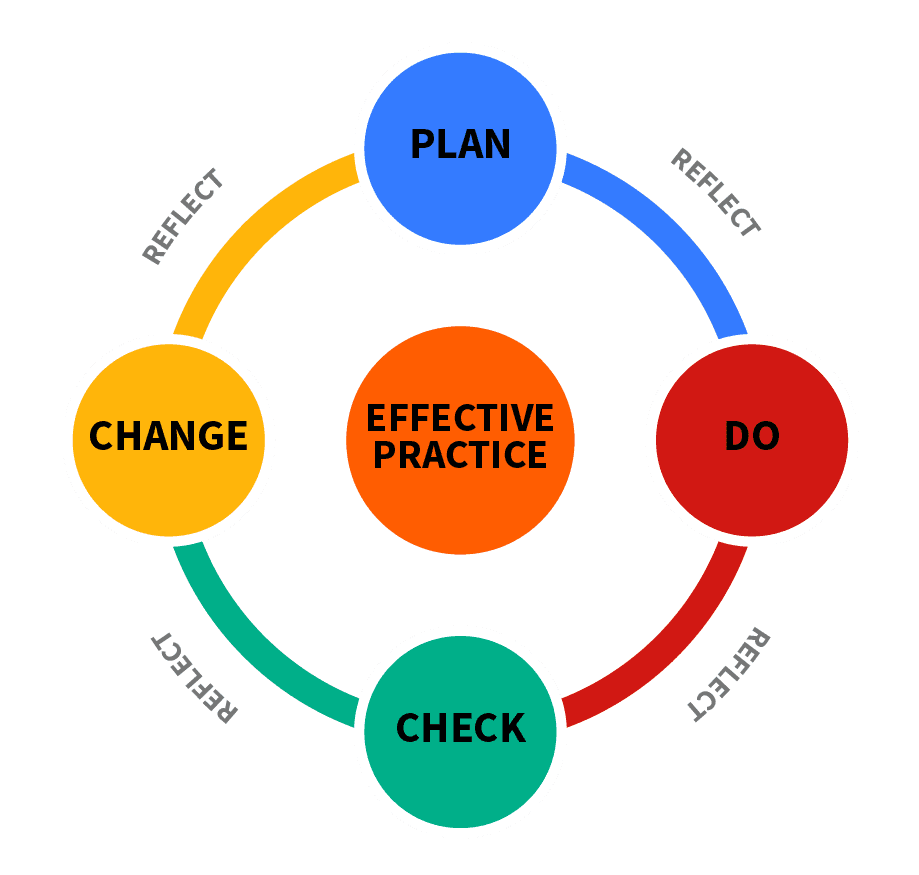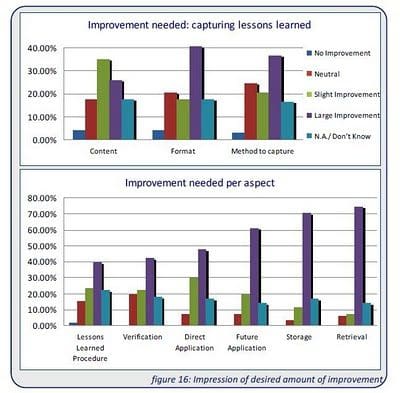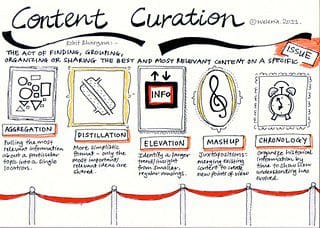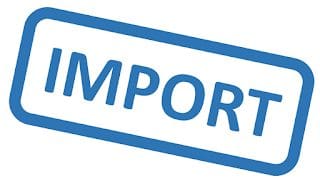
Favorite The world is too complex for us to get things right first time. So what matters is the speed at which we adapt and learn. Image from wikimedia commons The British historian Michael Howard wrote, on the subject of military doctrine, “I am tempted to say that whatever doctrine
Read More
 Shared by Nick Milton April 12, 2021
Shared by Nick Milton April 12, 2021

Favorite Knowledge transfer often requires several steps, and knowledge can get stuck along the way. But where are those sticky points? I have often used the analogy of a Supply Chain when looking at knowledge transfer, with knowledge as a resource to be supplied to the knowledge workers on whose
Read More
 Shared by Nick Milton April 6, 2021
Shared by Nick Milton April 6, 2021

Favorite Please take 5 minutes to reply to this short survey on how the Covid pandemic and accompanying recession has affected KM Image from wikimedia commons If you were involved in an organisational Knowledge Management program a year ago, at the start of the recession, please consider answering the short
Read More
 Shared by Nick Milton March 31, 2021
Shared by Nick Milton March 31, 2021

Favorite Humans have a habit of combining concepts into “chunks”. It helps us remember things more easily, but the jargon associated with “chunks” can confuse others when we try to communicate, if they don’t have the same set of combined concepts. I am going to attempt to de-chunk and dejargonise
Read More
 Shared by Nick Milton March 29, 2021
Shared by Nick Milton March 29, 2021

Favorite I often argue that safety management is a good analogy to knowledge management. Here are 5 things KM can learn from safety. Image from wikipedia Safety management and knowledge management are close analogues. Both are management systems focused on intangibles and on behaviours. The main difference is that introducing
Read More
 Shared by Nick Milton March 22, 2021
Shared by Nick Milton March 22, 2021
Favorite The latest in my continuing series of KM value stories. This one comes from this interview with Balaji Iyer; head of KM for Grant Thornton INDUS. Balaji states that “KM has positively impacted both the top line and bottom line for the firm. Just a conservative estimate of the value
Read More
 Shared by Nick Milton March 19, 2021
Shared by Nick Milton March 19, 2021

Favorite There are four ways to manage bodies of codified knowledge – tagging, collection, curation and synthesis. We can illustrate this by looking at lesson learned systems. Content Curation Process, by Automotive Social, on Flickr Imagine your organisation has been documenting lessons from projects for years, and storing the documented
Read More
 Shared by Nick Milton March 15, 2021
Shared by Nick Milton March 15, 2021

Favorite There are two end-member camps in the KM world – those who think KM is something revolutionary which is going to change the world, and those who think its nothing new, and nothing really different. I have a foot in each camp Let me explain why. Knowledge management is
Read More
 Shared by Nick Milton March 5, 2021
Shared by Nick Milton March 5, 2021

Favorite One of the major differences between a Knowledge Management Toolbox and a Knowledge Management Framework is that in a framework, the components are joined up. Image from wikimedia commons I have blogged before about the evolution in KM thinking from tool, to toolkit, to framework. I have argued that
Read More
 Shared by Nick Milton February 26, 2021
Shared by Nick Milton February 26, 2021

Favorite Sometimes your organisation needs to acquire new knowledge, new know-how or new capability. Here are 7 ways to approach this. Knowledge Acquisition is a core component of Knowledge Management. ISO 30401:2018 recognises this, and requires compliant organisations to include Knowledge Acquisition as part of the Knowledge lifecycle (Acquisition, Utilisation,
Read More
 Shared by Nick Milton February 19, 2021
Shared by Nick Milton February 19, 2021
![]() Shared by Nick Milton April 12, 2021
Shared by Nick Milton April 12, 2021







